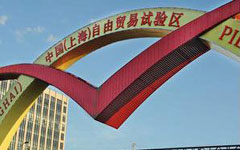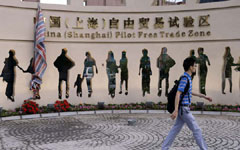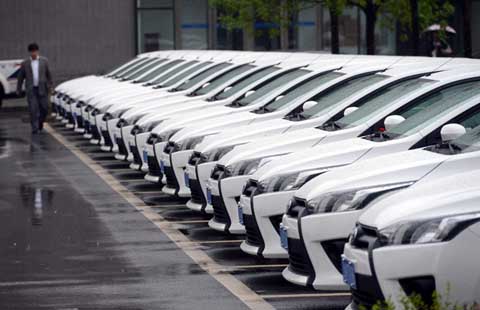Negative list in need of some positive tweaks
By Nie Pingxiang (China Daily) Updated: 2014-05-19 11:12First, authorities need to revise laws related to the economy, especially the service industry, so they meet the needs of the negative list. Although the US has no specific laws about the negative list, restrictions on foreign investments are stipulated in industrial laws and regulations, which provide the legal foundation for compiling the negative list.
However, in China the negative list introduced in the Shanghai free trade zone lacks the support of domestic laws and regulations. It even contradicts some existing laws. That was why the top legislature decided to stop applying some existing foreign investment regulations in the zone.
 |
 |
Second, there needs to be more detail and transparency with the list. Many items on the Shanghai list are too vague to be implemented. For example, the list restricts foreign investors from secondary real estate market and property brokerages. But it does not spell out what these restrictions are. If that is left unclear, restrictions could pertain to stakeholding, the scope of business and several other things. Such lack of detail greatly restricts the list's practical use and makes things extremely difficult for those charged with enforcing the law. By comparison, the US negative list details all elements of each item and specifies the law the listing is based on. In China there is an obvious need for each item on the list to be interpreted clearly, which would help improve foreign investors' confidence in the Chinese system.
Third, the number of special regulations on the list should be reduced. The Shanghai negative list has been criticized since its birth because it appeared to be hastily designed. It simply reproduced the Catalogue of Industries for Guiding Foreign Investment in the format of a negative list. The Shanghai list has 190 special regulations that outline the sectors that are restricted for foreign investment. They account for 17.8 percent of all industries. Among these measures, 38 ban foreign investment and 74 limit foreign investment. The list is too long, and certainly so when compared with its US counterparts. For example, the three US negative lists in the US-South Korean free trade agreement have fewer than 40 special regulations.
- Negative list in need of some positive tweaks
- Govt mulling tax cut for imported electric cars
- China's forex reserve to hit $4t: report
- Securities firms can tap private capital market
- Home prices drop in more Chinese cities
- Playing a different tune
- Creative juices flow with the Thames in London
- Concerns grow as real estate cool-down continues















